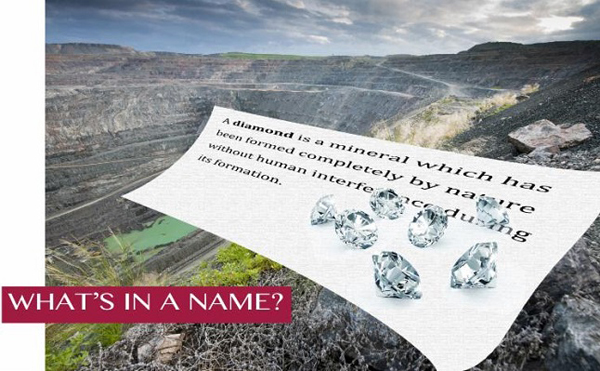
The diamond industry needs to take ownership of the adjective "natural," and associate it with other modifiers like 'real,' 'genuine,' 'rare' and 'unique,'" he writes. "It should be one of our biggest selling tools. But...

CIBJO's Diamond Commission has released its Special Report ahead of the organization's annual Congress, being held in Bangkok from November 5 to 7.
The report was prepared by Diamond Commission President Udi Sheintal, and focuses on the terminology used both within the industry and in the consumer markets to differentiate between diamonds sourced naturally and those which are synthetic.
"Without proper analysis, diamonds formed in nature and synthetic diamonds created by man are difficult to distinguish from one another, and consequently the way they each are referred to - or named - is so important. That they are different products there is no argument. But how do we make certain that the consuming public understands this to be the case?" Sheintal asks at the opening of the report.
In terms of acceptable terminology in the trade, the situation is clear, the report emphasizes. Both CIBJO's Blue Book and the International Standards Organisation's ISO 18232 rule state categorically that, if the word "diamond" is used without any modifying adjective, it can only be a natural stone. Synthetic diamonds have to be described using one of a number of acceptable modifiers, such as "synthetic," "laboratory-created" or "laboratory-grown." Any willful deviation from these rules by a company selling synthetic diamonds is considered deliberately deceptive behavior.
But, asks Mr. Sheintal, is the reluctance to use the word "natural" when communicating within the trade correct when it comes to the consumer market? "The diamond industry needs to take ownership of the adjective "natural," and associate it with other modifiers like 'real,' 'genuine,' 'rare' and 'unique,'" he writes. "It should be one of our biggest selling tools. But at the same time, we should not budge one centimeter in our opposition to any product that is wholly or partially artificial being referred to as 'a diamond.'"